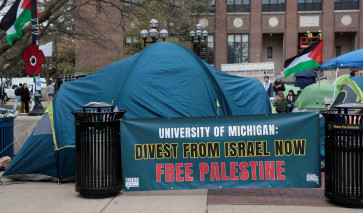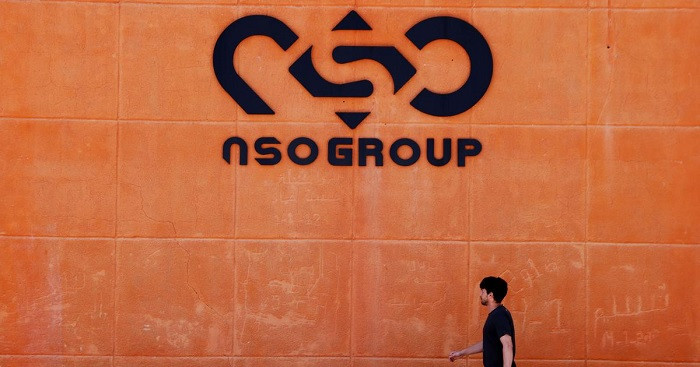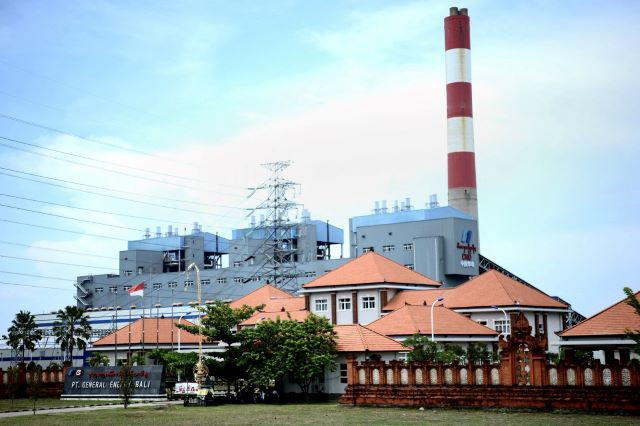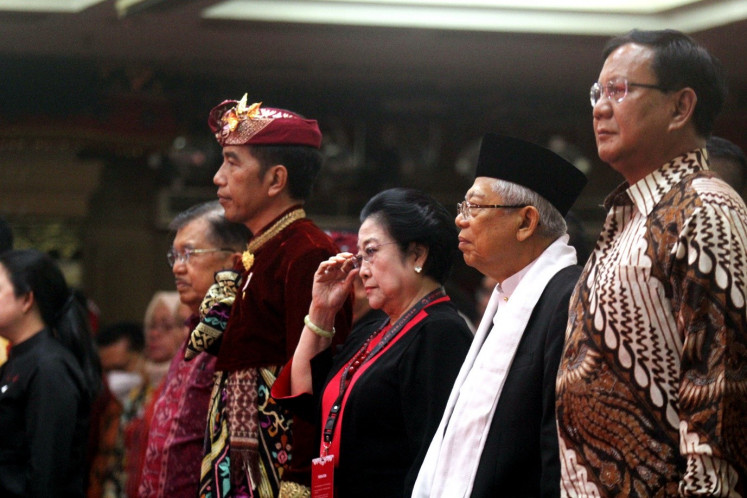Group speaks up on increasing noise pollution in cities
A group of experts and concerned community members gathered Thursday to break the silence on noise pollution, which they deemed increasingly annoying, particularly in urban areas like Jakarta
Change Size

A
group of experts and concerned community members gathered Thursday to break the silence on noise pollution, which they deemed increasingly annoying, particularly in urban areas like Jakarta.
The move came amid increasing public complaints about speakers on mosques that played loud and long prayer calls up to five times a day in some areas.
Initiated by the Jakarta Academy and the Jakarta Arts Council (DKJ), the three-day work meeting kicked off by listing the sources and impacts of noise pollution.
The DKJ’s Abduh Aziz said the group later wanted to work on policy advocacy and public campaigns.
Those at the meeting agreed they needed to raise public awareness about the importance of addressing noise pollution. “Noise pollution doesn’t have immediate effect, it’s gradual, like saving money bit by bit,” said Ronny Suwento, an ENT (ear, nose, throat) specialist at Cipto Mangunkusumo General Hospital.
The ear experts at the meeting said studies had shown there was a limit to the volume and duration of sound that the ear could tolerate.
Prolonged exposure to excessive stimulation could cause health and psychological problems, they said.
“Noise triggers cortisol, a hormone that causes an adrenalin rush, so people get more excited, emotional and aggressive,” Ronny said.
Seasoned musician Slamet Abdul Sjukur, who initiated the meeting, said the noise level in urban areas like Jakarta and Surabaya had gotten increasingly annoying.
The call to prayer from the mosque near his house every dawn had disrupted his composing routine, he added. The group also raised concerns about the excessive noise level at amusement arcades for children.
The National Commission for the Mitigation of Hearing Impairment and Deafness, established by the Health Ministry, said in a leaflet that babies who developed hearing problems would also suffer speech disorders.
In 2000, 250 million people worldwide, or 4.2 percent of the global population, suffered hearing problems, WHO data shows.
Half of the cases were in Southeast Asia, including Indonesia, which was in the fourth position with 4.6 percent of the population suffering hearing problems, behind Sri Lanka (8.8 percent), Myanmar (8.4 percent) and India (6.3 percent).
Noise sources
• Motor vehicles on busy roads, toll roads.
• Loudspeakers on mosques.
• Children’s recreational areas.
• Workplaces like factories and karaoke lounges.
Noise impact
• People get more aggressive, emotional.
• Health problems like high blood pressure, migraines, sleeping disorders.
• Social conflicts.









